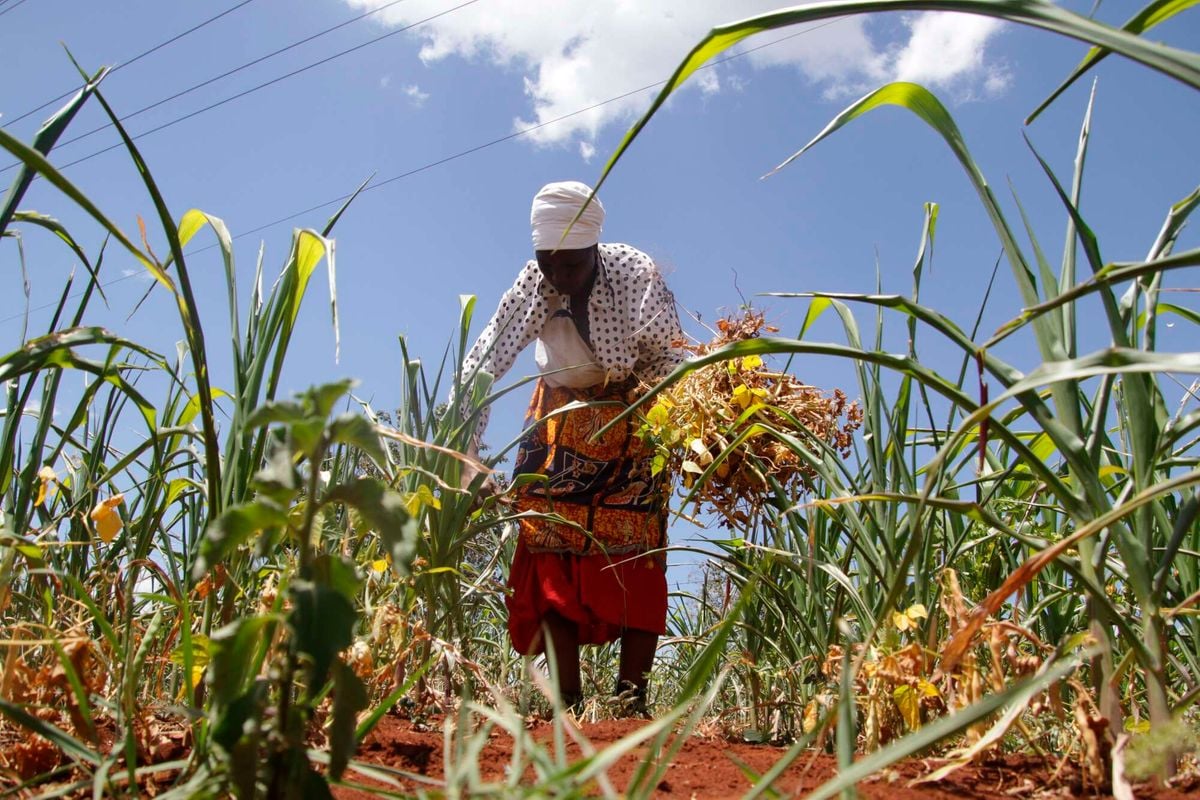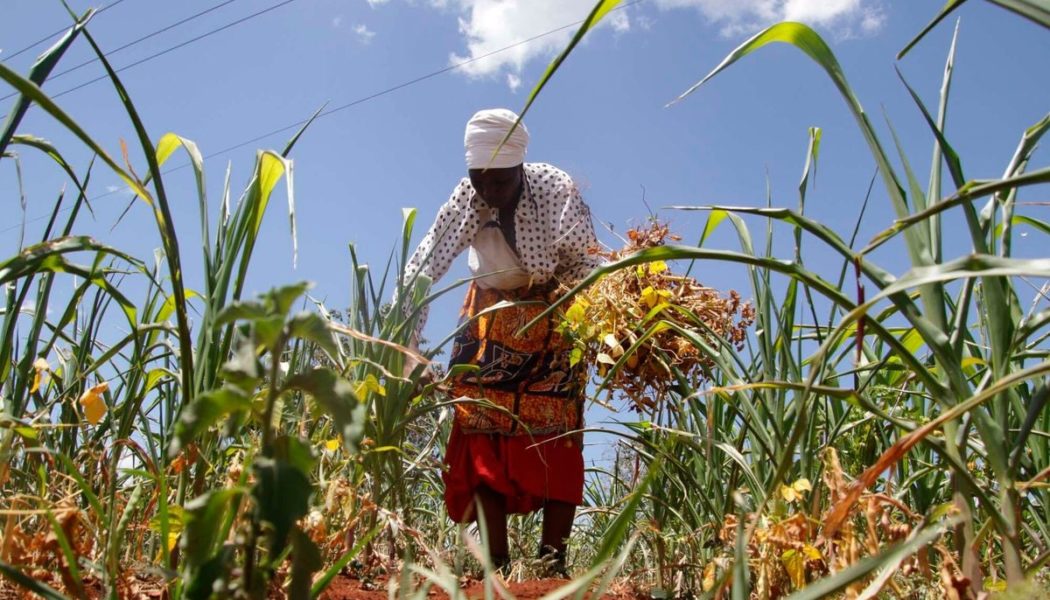
Kenya’s agricultural sector, contributing approximately 20 percent of the nation’s Gross Domestic Product and employing over 40 percent of the population, faces increasing challenges from climate change.
The Food and Agriculture Organisation estimates staggering Sh490 trillion ($3.8 trillion) worth of crops and livestock production was lost over the last 30 years due to disaster events, averaging Sh15.9 trillion ($123 billion) annually due to disasters.
This vulnerability, coupled with a growing global demand for food, necessitates innovative solutions to protect farmers and ensure food security.
While the government, cooperatives, and farmers themselves are embracing new technologies and diversification strategies to mitigate crop failure and livestock deaths, insurance emerges as a crucial tool for managing risk and fostering resilience.
Index-based insurance products, tailored for specific crops and livestock in different regions, offer a promising approach. These data-driven solutions leverage technology to analyse and predict weather patterns, enabling more accurate and timely payouts.
Beyond immediate compensation for losses, insurance offers broader benefits.
According to the insurance research body KFF, insurance facilitates access to loans, enabling farmers to invest in improved inputs and diversify their activities for increased returns. It also strengthens business relationships within the value chain, fostering trust and collaboration with off-takers.
In the event of a disaster, insurance payouts provide a critical safety net, allowing farmers to cover essential expenses, make repairs, and reinvest in their operations, ensuring a faster recovery.
This financial stability protects farmers from the devastating consequences of unforeseen circumstances, preserving their livelihoods and contributing to long-term food security.
Cooperative societies play a vital role in promoting insurance adoption among their members. By educating farmers about the benefits of various policies and recommending suitable options, cooperatives can empower farmers to protect their investments and ensure the continued productivity of Kenya’s agricultural sector.
This collective effort is essential not only for individual farmers but also for the nation’s economic stability and its food security.
The writer is the CIC General managing director









